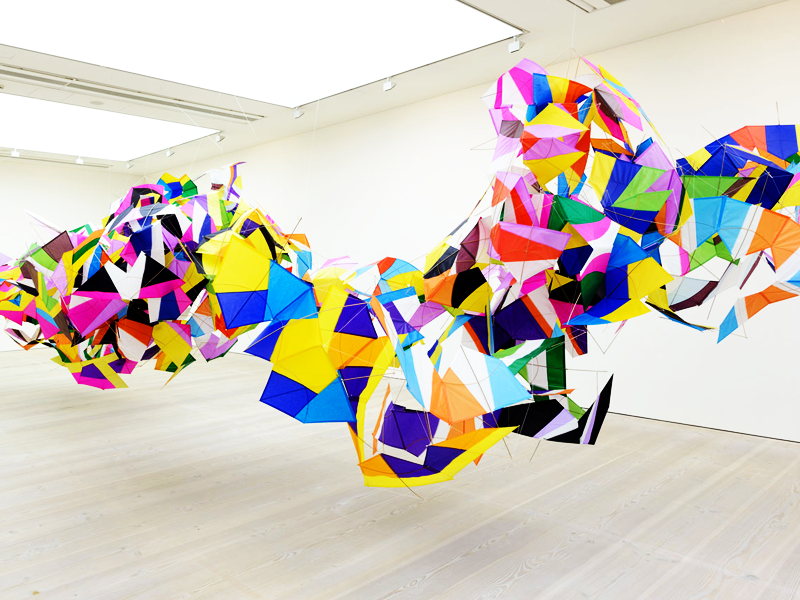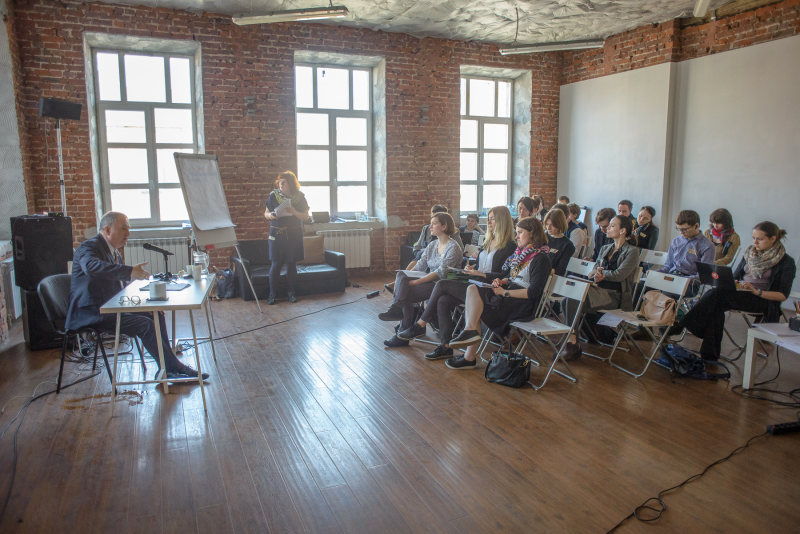
Increasing the Competitiveness of the Cultural Heritage Sector in Armenia: Recommendations
The document contains recommendations on how to increase the competitiveness of cultural heritage. The report was authored by Dr. Robert Pickard. It is based on official EU and RA documents as well as interviews with public opinion leaders, including consultations with the Ministry of Culture.
The Three Challenges in the Armenian Cultural Sector
Robert Pickard analyzed such spheres as the preservation of heritage, the cultural policy pursued by the country, the compliance of activities implemented by the public sector with existing official documents and strategies, the digitalization of libraries and museums. In the text we have highlighted the major opportunities and challenges Armenia faces today: the development of tourism sector, training in cultural management and funding mechanisms for projects.
Development of Tourism
- The modernization of service infrastructure and the integration of local communities in the touristic life of the country are considered necessary. The expert also recommends developing tourism in such historic towns as Gyumri and Goris which are more popular and attractive locations for tourism.
- The expert recommends the introduction of a system to assess the damage cause to the cultural heritage as a result of tourism development. It is necessary to ensure sustainable development and resist vandalism, for example, by raising awareness among local communities.
- As tourism creates advantages for the whole of Armenia, information centers should be developed outside Yerevan. For example, excursions by train or along the route of cultural monuments running across the country can be developed.
HR Policy, Pursued in the Cultural Sector
- Although there are a lot of educational programs in Armenia, their content is mostly academic. According to experts, there is a need to train those employed in the cultural sector in order for them to develop practical skills, for example, in project management, marketing and building partnerships among institutions.
- Specialists in the sector also note the low motivation of museum staff and the lack of consistent support for their professional development. There is a proposal to create an educational center for workers in cultural heritage.
Financial support
- There is a need to create new models of management and financing of cultural projects and heritage that would include international donors and investors and public-private partnerships.
- Experts conclude that apparently there has been a considerable shortfall in funding in that in recent years it has only been possible to maintain cultural organisations rather than develop them.
Expert’s Recommendations
First and foremost, Robert Picard recommends conducting an extensive research on the cultural potential and mapping the major cultural locations and clusters. In addition, it will be useful to organize a discussion at the national level. This will help to identify the problems and advantages currently present in the country and build an evidence-based and informed cultural policy. As for the challenges and opportunities mentioned above, the expert provides the following recommendations:
Tourism. It is necessary to develop a number of national and international events to support the tourism infrastructure. In addition, Armenia can take advantage of the opportunity and create an action plan for the European Cultural Heritage Year 2018.
Education and staff. It is worthwhile to extend education about heritage to all levels of society (young and old). In addition, it is necessary to develop broader skills for students in cultural professions, to ensure that besides theory, they have skills in project management, new technologies, networking and establishing partnerships. This proves the need for the introduction of new practical courses in university curricula.
Financing. It is advised to use the principle of multi-financing, that is, the complementary use of various funds for large-scale projects. Also, the expert recommends hiring international consultants to train the staff at the ministries and develop a financial model for the sector.
The full text of the study is available (AM)
The full text of the study is available (EN)
Note:
The EU and Eastern Partnership "Culture and Creativity" Programme is designed to support the cultural and creative sectors and increase their contribution to sustainable humanitarian and socio-economic development in Armenia, Azerbaijan, Belarus, Georgia, Moldova and Ukraine. The Programme is aimed at conducting practical research, contributing to the development of strategies and reforms, implementing training activities for the modernization of the cultural sector, providing opportunities for international cultural cooperation and raising awareness of the role of culture. Website: http://www.culturepartnership.eu/




